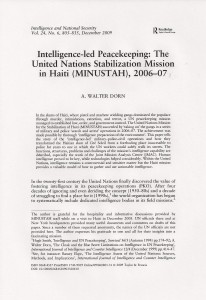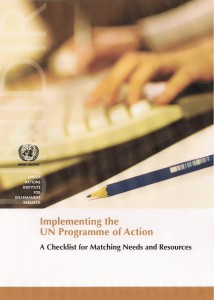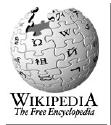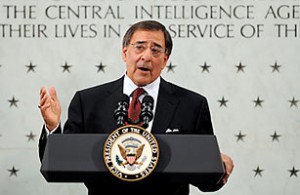
Professor Walter Dorn is the virtual Dean of peacekeeping intelligence scholarship, going back to the Congo in the 1960's when Swedish SIGINT personnel spoke Swahli fluently and the UN stunned the belligerents with knowledge so-gained. This is the final published version of the article posted earlier in author's final draft.
The UN is now ready for a serious discussion about a United Nations Open-Source Decision-Support Information Network (UNODIN) but a Member nation must bring it up, as the Secretary General has kindly informed us in correspondence.
In the absence of US interest, we are asking Brazil, China, and India to bring it up. Should a UNODIN working group be formed, it will certainly include African Union (AU), Union of South American Nations (UNASUR), and Shanghai Cooperation Organization (SCO) counterpart groups, as the regional networks will do the heavy lifting and be the super-hubs for the UN (this is in contrast to a US DoD-based system in which military-to-military hubs would be established to do two-way reachback among the eight tribes in the respective nations). Both concepts are explored in the new book, INTELLIGENCE FOR EARTH and in two DoD briefings that are also relevant to the QDR.




![[gerecht]](http://s.wsj.net/public/resources/images/ED-AK786_gerech_D_20100107190103.jpg)

